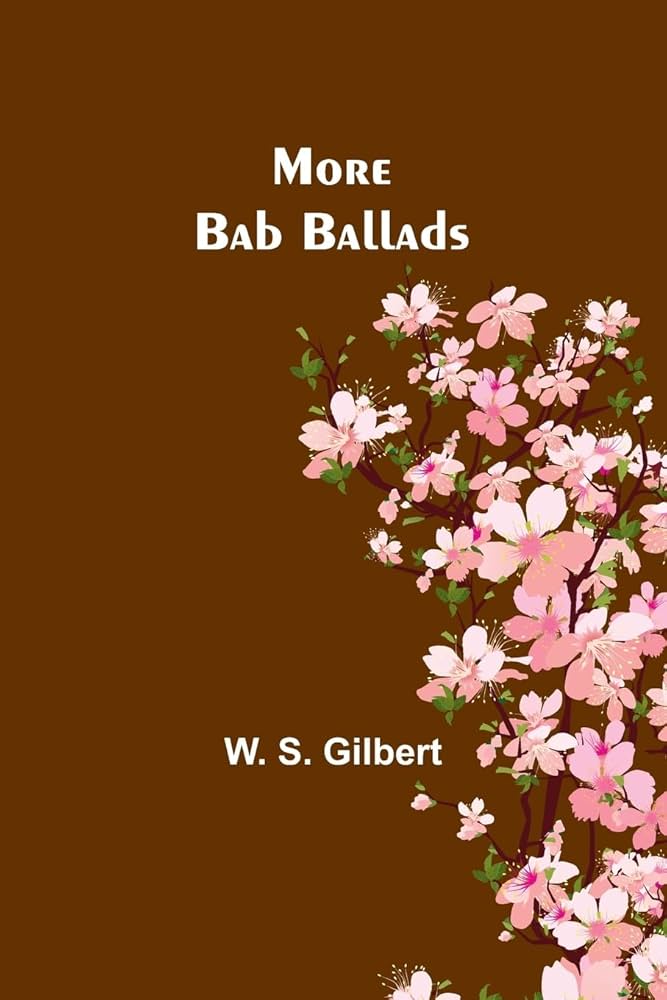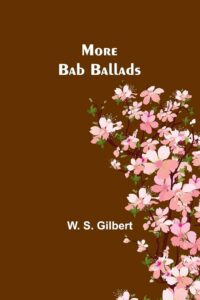Ballad: First Love
byFirst Love unfolds in a quiet Berkshire village where Reverend Bernard Powles holds spiritual sway over a small, devoted congregation. Among them is Ellen, a gentle soul whose unassuming nature has made her the subject of admiration by every husband and bachelor alike. With no pretensions and a softness that drew eyes without seeking them, Ellen became known as the Village Violet—an emblem of purity untouched by vanity. Her presence was modest, her dress simple, yet her inner light outshone any riches. Reverend Powles, drawn to her quiet allure, began his courtship with familiar rituals: lingering glances, practiced compliments, and the occasional hand squeeze during Sunday service. To others, these may have felt routine, but to Ellen, they shimmered with magic. Each gesture fed her heart with hope, turning ordinary moments into lasting dreams. For her, his presence was enough to anchor happiness, even if others missed his charm entirely.
Powles, determined to express affection, spared no effort in orchestrating displays of admiration. He arranged for marching bands to perform beneath her window, their brass melodies a declaration of intent. Serenades were not just for birthdays—they became regular affirmations of her importance in his world. The Covent Garden musicians, dressed in ceremonial finery, played notes that echoed across her small cottage, wrapping Ellen in both sound and sentiment. These grand gestures, though slightly extravagant for the village, thrilled her soul. In the stillness of her world, they sounded like promises, bold and unwavering. Each event, each melody, rooted her deeper into her love for the reverend. Her devotion grew not from his wealth or position, but from the attention he showed her—a rare, deliberate kind of care that no other man had dared to give. Through each echoing tune, she felt chosen.
Yet despite all the romance, the story questions what Ellen truly saw in the man himself. Reverend Powles, while respected, was neither striking in appearance nor exceptional in virtue. He did not suffer poverty that might endear him, nor possess the kind of charisma that stirs hearts quickly. He was comfortably wealthy and mildly dull, a figure more grounded in social routine than emotional spontaneity. And still, Ellen’s love endured—steadfast, deep, and unexplainable. Her affection defied logic, blossoming in a place where others saw little worth admiring. The ballad suggests that true love, especially a first love, often forms not from perfection but from an emotional connection invisible to the eyes of outsiders. Ellen saw in Powles what no one else could or cared to look for.
The contrast between Ellen’s sincerity and the Reverend’s mediocrity adds a gentle irony to the tale. Her heart, full of genuine feeling, seemed to beat louder than his ever could. There’s no proof that he returned her love with equal weight, though he certainly enjoyed the attention. His gestures were elaborate but rehearsed, more show than soul. Ellen, by contrast, felt every touch as a covenant, every word as a vow. This imbalance, though subtle, reflects a deeper commentary on how love is often given more than it is matched. Still, she held no regret. Her love, untouched by calculation, was pure—a devotion that asked for nothing but found joy in simply being.
This story of first affection, simple and idealistic, gently questions how love takes root. It doesn’t always bloom in fair soil or obvious places. Sometimes, it attaches itself to the undeserving, not out of foolishness, but from the beauty of an open heart. Ellen’s feelings, though perhaps misplaced, are not mocked. Instead, they are celebrated for their honesty. Her love becomes a quiet triumph—not because it is returned, but because it exists in full bloom despite everything. In a world where affection is too often transactional, her story is a reminder of how rare and radiant unguarded love can be. That is what makes her unforgettable—not her beauty or wit, but her unwavering heart.
For modern readers, the tale still resonates. It offers a reflection on the nature of love that isn’t filtered through screens, credentials, or curated personas. Ellen’s story reminds us that affection doesn’t always follow reason—it often chooses its own path. While Powles may never fully grasp what he was given, the value of Ellen’s love remains. In a time when sincerity often feels rare, her devotion feels revolutionary. And that is why her first love, though quiet, continues to speak loudly across the years.


